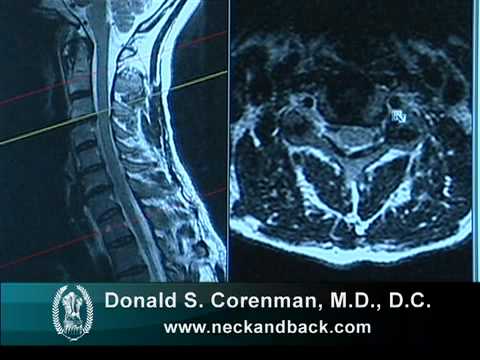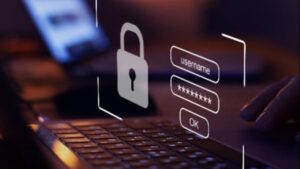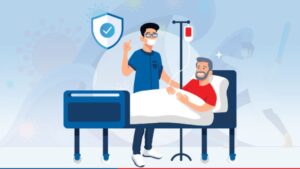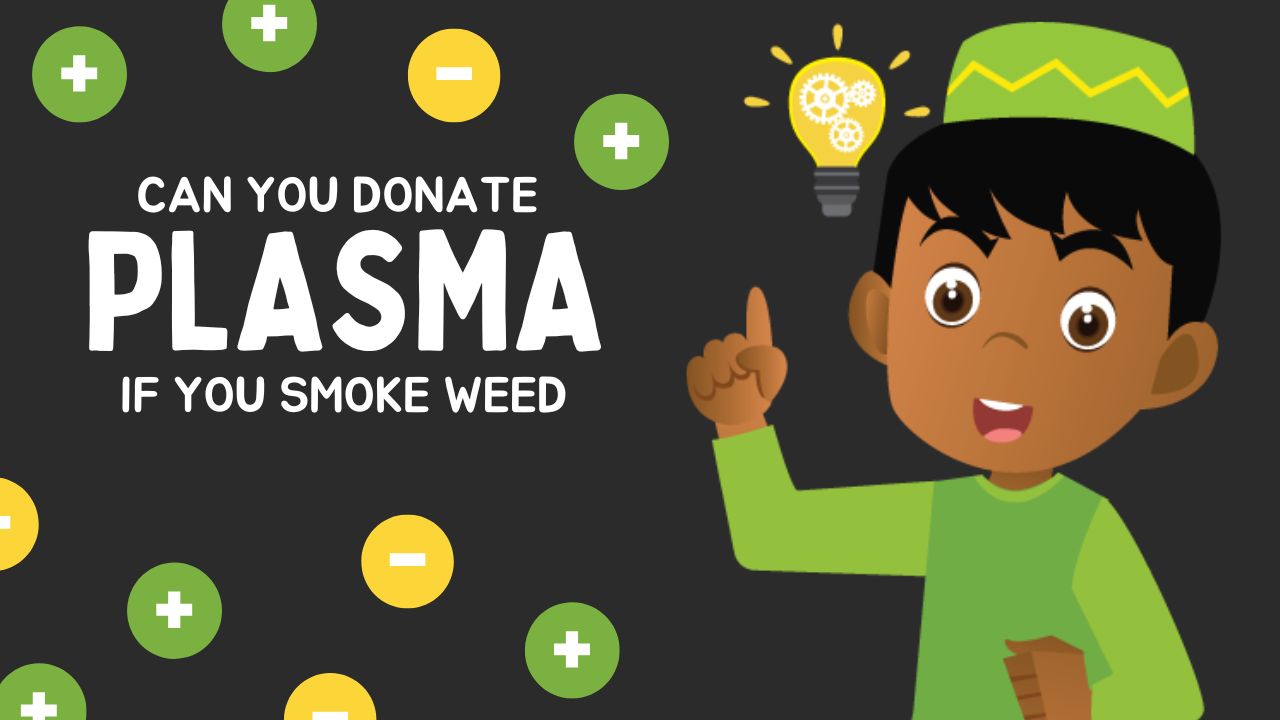Is Coffee Safe to Drink During Fasting?
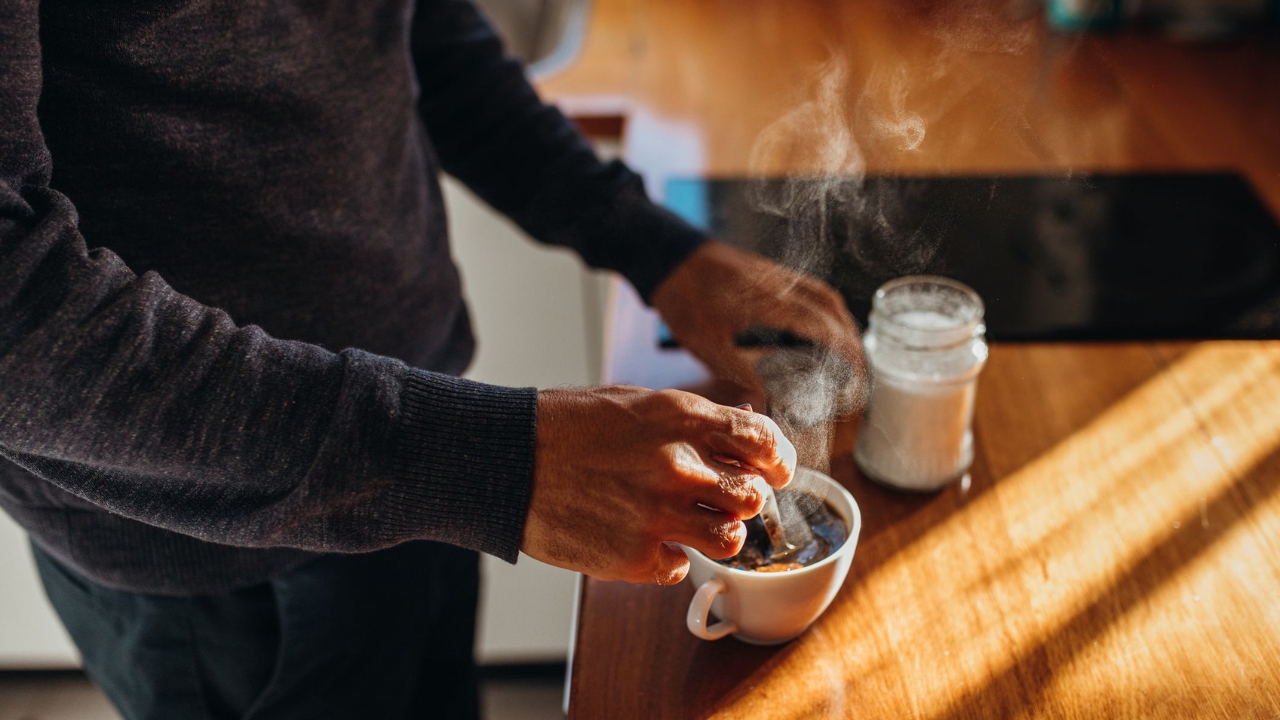
A growing number of people are turning to intermittent fasting as a method for losing weight and reaping the purported benefits it offers to metabolic health, such as reductions in cholesterol levels and enhancements in insulin responsiveness.

In most cases, the fasting period is either time-restricted or consists of alternate days. This means that meals are either limited on “fast” days (about 25% of total energy consumption) or a prolonged nighttime fast follows the cessation of eating in the early afternoon.
Is coffee going to end your fast?
A daily intake of 280 mg of coffee is consumed by almost seven in ten persons in the United States. Caffeine, the primary component of coffee, is associated with a number of short-term and long-term health benefits, including enhanced alertness and reaction time, as well as a decreased risk of Parkinson’s disease, Alzheimer’s disease, and gout.
Caffeine is also responsible for the flavor of the coffee. Since coffee does not naturally contain any calories, it is perfectly fine to consume while following an intermittent fasting regimen.
Coffee in any of its forms, including Americano, espresso, drip, French, decaf, black, iced, or hot, does not interfere with intermittent fasting as long as it does not contain any additives such as milk, creamer, or sugar.
On the contrary, research shows that these beverages control hunger and calorie intake, and as a result, they complement the practice of intermittent fasting.
Flavored coffee
The majority of coffee flavors, including hazelnut, vanilla, and caramel, are created using artificial flavoring. This indicates that there are no additional carbohydrates, sugars, or calories, making them the same as those found in black coffee.
Therefore, consuming flavored coffee during fasting is not discouraged. However, there is evidence from certain studies that artificial flavoring may make you feel hungrier and may also increase your chance of developing type 2 diabetes.
Bulletproof coffee
Coffee prepared with butter and a medium-chain triglyceride is known as bulletproof coffee (a form of fat). When it comes to calories, bulletproof coffee can have up to 500, which is around the same amount as a medium Frappuccino. These calories, however, come from fats rather than carbohydrates.
Consuming bulletproof coffee during an intermittent fast is therefore counterproductive to the overall purpose of the fast; however, you are free to consume it during your “feast” days if you are following a schedule that involves alternating days of fasting and feasting.
Coffee flavored with milk, sugar, cream, and other additions
In the United States, consumers who drink coffee have a preference for drinking it black and without any additives. The other half has virtually no limitations to worry about. This other half likes to consume a wide variety of dairy products, as well as sugar, creamer, coffee, and artificial sweeteners.
Creamers and whole milk contain the biggest number of calories of all the many kinds of additives that are possible. On the other hand, creamer without fat, fat-free milk, and alternatives to milk all have the lower calorie content. When you consider that a single sugar packet has approximately 15 calories, it is easy to comprehend how rapidly calories can accumulate when using many sugar packets.
In the end, if you are on a fasting day or are “after-hours,” try to stick to artificial sweeteners like Stevia or Splenda or low-calorie additives like fat-free creamer or milk alternatives like almond milk. If you are unable to do so, you should try to limit your caloric intake as much as possible. Be cautious, however, that research has shown that using artificial sweeteners can cause an increase in hunger. As a result, a “sugar surge” and the insulin reaction that goes along with it may also cause you to feel hungry.
What types of coffee are acceptable during a fast?
When you are trying to break a fast, it is recommended that you consume black coffee in any of its forms, including espresso or drip coffee. The flavor can be improved by adding a dash of substitute milk, such as almond or soy milk, or a variety of spices. If the flavor is too simple, almond or soy milk can be used instead. It is also possible to use a very small amount of fat-free creamer or coconut oil to provide a flavor change that is modest but apparent.
What other beverages are allowed during a fast?
During your fast, you are not restricted to just drinking coffee. You can drink plain water or sparkling water or go wild and try flavored water types. You might also try drinking tea because, unlike coffee, it is available in a wide variety of flavors and types; as a result, the taste is often more agreeable even when it is not flavored with additives.
Advantages of drinking coffee on a fast
Caffeine, the active component in coffee, has been linked to an extensive range of health advantages. These are the following:
- Improved mental alertness
- Enhancements to attentiveness as well as reaction times
- Enhanced capabilities in sporting competition
- Avoidance of the negative effects of lack of sleep
- Bringing down death rates from all causes
- Eliminating or lowering one’s chances of developing Alzheimer’s disease, gout, Parkinson’s disease, or type 2 diabetes
- Reduced risk of suffering from strokes
There has also been a significant amount of research conducted to investigate how caffeine can be beneficial to one’s health. Recent possibilities include moderating gut microbiota and the gut-brain axis, as well as improved autophagy, which is the process by which the body repairs damaged cells by breaking them down and recycling their components.
Coffee consumption dangers during a fast
Caffeine is a stimulant that, in the end, can lead to abuse as well as withdrawal symptoms. In addition, it may cause gastrointestinal distress, such as nausea or diarrhea, particularly if it is ingested during a fast on an empty stomach. This is especially likely to be the case. Consumption of an excessive amount of caffeine may also result in palpitations or tremors.
In terms of additives, creamers, flavorings, sugar, and other such things that are intended to make coffee more appealing may cause you to feel hungrier while you are fasting and may also impact the levels of glucose in your blood. This may finally cause you to cave in and break the fast, which may completely nullify any impact that the diet and weight loss may have had on your body.
Can you drink coffee when fasting?
Fasting is typically required prior to glucose and other blood lipid-related laboratory testing, such as cholesterol and other cholesterol-related assays. The majority of these examinations require that you fast for the whole night, or for approximately 12 hours. Therefore, until the time of your blood draw, it is best to consume nothing except water.
However, it is quite improbable that drinking black coffee would have any impact on the outcomes of laboratory tests; on the other hand, the addition of any additives is likely to change the results. If you are going to break your fast with coffee while you are doing lab work, you need to make sure that the coffee is black.
Can you consume coffee on an ultrasound fast?
Because gallstones in the gallbladder are better detected on an ultrasound if the gallbladder is dilated and the stone is surrounded by bile, fasting before an ultrasound is generally recommended for the diagnosis of gallstones. If you want to make sure your gallbladder is completely filled, you should fast for at least eight hours.
Because drinking any kind of coffee causes the gallbladder to contract and release bile, even decaffeinated coffee, medical professionals advise patients to abstain from drinking coffee for at least eight hours before undergoing an abdominal ultrasound, particularly if the intention is to diagnose gallbladder disease.
- Your Ultimate Guide to Travel Insurance for Adventure Sports
- A Guide to Renters Insurance for Pet Owners: Pet-Proof Your Policy
- Safeguard Your Future: Understanding Identity Theft Insurance
- Safeguard Your Event: Understanding Event Cancellation Insurance
- Everything You Need to Know About Critical Illness Insurance Riders
- Home Equity Loans vs. HELOCs: Which is Right for You?
